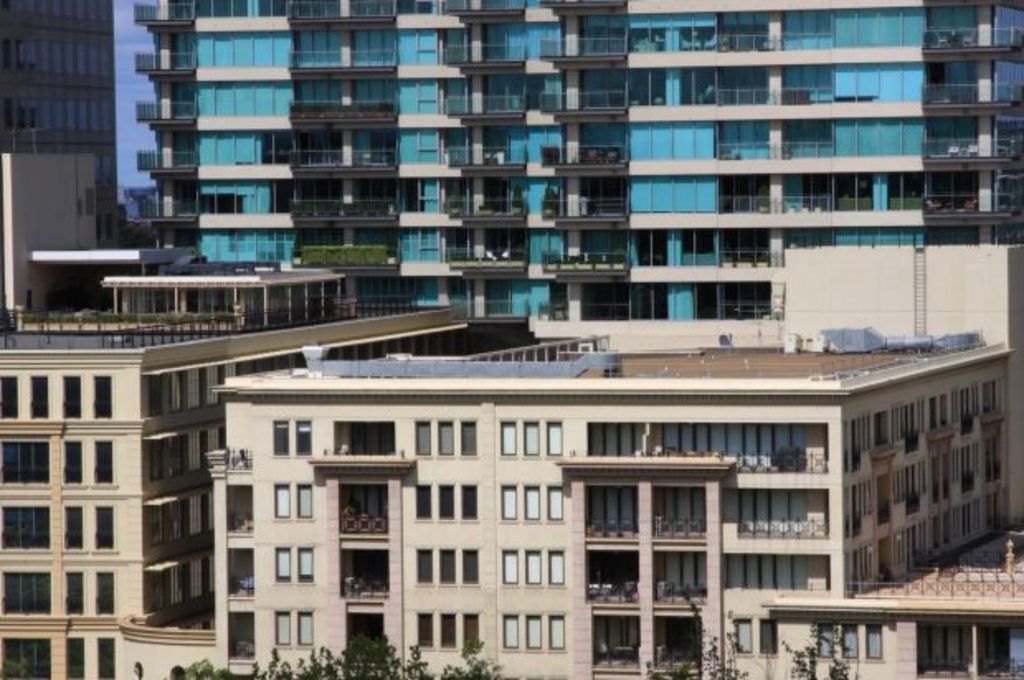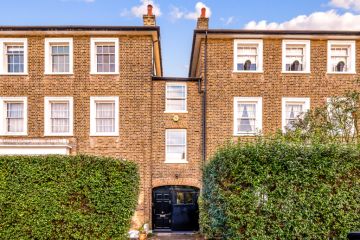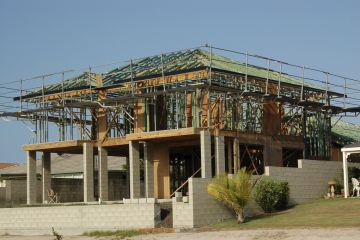Can the design of an apartment affect your mental health?

Researchers from Melbourne and Western Australia have launched a study looking at whether state government design policies for apartments help to improve people’s mental health and wellbeing.
The study, Optimising apartment design policy to equitably enhance mental health, a collaboration between RMIT and the University of Western Australia, also aims to influence future apartment design policies introduced or updated by state governments in Australia.
Chief investigator and RMIT vice-chancellor’s fellow Sarah Foster said the study involved surveying people living in apartments in Sydney and Perth (in apartments built in the past 10 to 12 years) across different areas of the cities including lower socio-economic areas.
“We chose the two cities because Perth is in the process of introducing a new apartment design code or guideline and it draws very heavily — or the draft that was circulated earlier hasn’t actually been [adopted] yet — draws very heavily on the policy from Sydney which has been around for about 15 years,” Dr Foster said.
“We’ll be looking at what’s on the ground now Perth and almost benchmarking the health qualities of the apartments before the policy guidelines come into play,” she said.
The study will compare Perth’s apartment designs with Sydney’s to see whether these designs have had a positive impact on people’s mental health and wellbeing.
Dr Foster said issues with apartment designs, particularly in Melbourne, have been widely reported including: “Micro-apartments, windowless rooms, borrowing light from secondary spaces or a light well, or rooms that are too small to be functional and don’t have multi-purposes.
“We’re trying to unpack those design issues even though we’re looking at a more recent sample of buildings,” she said.
“There’s definitely a lot more awareness of mental health and wellbeing now and a range of processes that can feed into it and a range of stressors that can feed into it that you might be exposed to in an apartment building.
“You’re in closer proximity to you neighbours and perhaps issues that are less of a concern when you’ve got more space become amplified when you’re in such close proximity so I think it will be fascinating to see how things unfold in the study,” she said.
While there were issues, there were also positives to living in higher-density places with a greater number of apartment buildings being built than ever before: 20 per cent of Perth’s new building approvals were for apartments.
“We thought it (the study) was really timely because I guess in terms of health promotion there’s a lot of benefits that come from density/ It means you can control the access to shops and services and public transport and the sustainability benefits but we were conscious as well that in promoting density you need to think how you’re developing that density and the sorts of places people are going to live in and spend much of their time,” Dr Foster said.
“We wanted to inform that side of the argument – provide a more nuanced understanding of home.”
Researchers have already collected data from a pilot study, which surveyed apartment dwellers in Melbourne and Perth. When asked why they chose their apartment, the top three reasons were:
- Affordability.
- Apartment aesthetics (looks and design).
- Apartment size and spaciousness.
“When we split up the data based on the disadvantage score we found that actually if you lived in a lower-income area building safety and security was number one for you.”
Dr Foster said researchers were choosing apartment buildings that would become part of the study with a survey to be sent in mail by October.
The study’s findings are due out towards the end of next year and she hopes they will help inform some recommendations to policymakers.
“Ultimately, we might say these are our top five or top 10 design features that, from a health and wellbeing perspective, we think you should prioritise when approving new developments. That’s ultimately what we’d like to do.”
We recommend
We thought you might like
States
Capital Cities
Capital Cities - Rentals
Popular Areas
Allhomes
More







